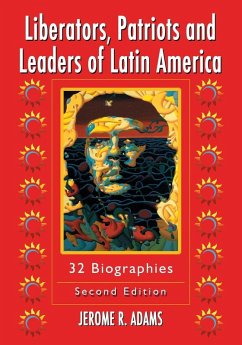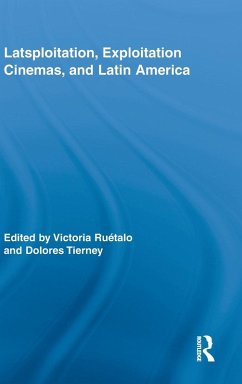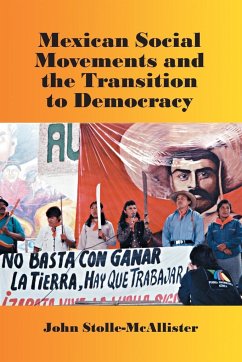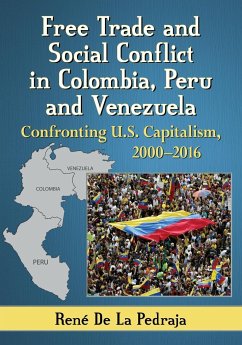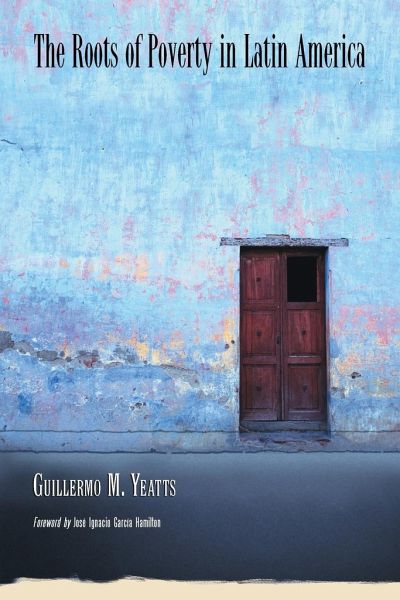
The Roots of Poverty in Latin America
Versandkostenfrei!
Versandfertig in 1-2 Wochen
34,99 €
inkl. MwSt.

PAYBACK Punkte
17 °P sammeln!
In the Americas, the Rio Grande has become not just a physical border, but an economic and social one as well. How can we explain the existence of two Americas--one prosperous, one poor--physically so close together, yet economically so far apart? The Roots of Poverty is an in-depth analysis of how cultural, religious and social institutions have shaped the economic destinies of North America and Latin America over the last five hundred years. The British, who instituted constitutional limitations for the monarchy and protection of individual rights, wooed their colonists with promises of the ...
In the Americas, the Rio Grande has become not just a physical border, but an economic and social one as well. How can we explain the existence of two Americas--one prosperous, one poor--physically so close together, yet economically so far apart? The Roots of Poverty is an in-depth analysis of how cultural, religious and social institutions have shaped the economic destinies of North America and Latin America over the last five hundred years. The British, who instituted constitutional limitations for the monarchy and protection of individual rights, wooed their colonists with promises of the same. The Iberian Peninsula, on the other hand, transplanted to its American colonies the traditions of insecure property rights, unpredictable taxation and governmental economic dominance. Even as independent nations, the countries of Latin America have found it difficult to move beyond the mindset established in their colonial days. Given this obstacle, what is the region's potential for a better future? That topic is covered in this book's final chapters, which look at recent developments in individual Latin American countries and considers the possibilities for an economic turnaround.






